Note
Access to this page requires authorization. You can try signing in or changing directories.
Access to this page requires authorization. You can try changing directories.
In this article, you learn how to integrate Flatter Files with Microsoft Entra ID. Integrating Flatter Files with Microsoft Entra ID provides you with the following benefits:
- You can control in Microsoft Entra ID who has access to Flatter Files.
- You can enable your users to be automatically signed-in to Flatter Files (Single Sign-On) with their Microsoft Entra accounts.
- You can manage your accounts in one central location.
If you want to know more details about SaaS app integration with Microsoft Entra ID, see What is application access and single sign-on with Microsoft Entra ID. If you don't have an Azure subscription, create a free account before you begin.
Prerequisites
The scenario outlined in this article assumes that you already have the following prerequisites:
- A Microsoft Entra user account with an active subscription. If you don't already have one, you can Create an account for free.
- One of the following roles:
- Flatter Files single sign-on enabled subscription
Scenario description
In this article, you configure and test Microsoft Entra single sign-on in a test environment.
- Flatter Files supports IDP initiated SSO
Adding Flatter Files from the gallery
To configure the integration of Flatter Files into Microsoft Entra ID, you need to add Flatter Files from the gallery to your list of managed SaaS apps.
To add Flatter Files from the gallery, perform the following steps:
Sign in to the Microsoft Entra admin center as at least a Cloud Application Administrator.
Browse to Entra ID > Enterprise apps > New application.
In the search box, type Flatter Files, select Flatter Files from result panel then select Add button to add the application.
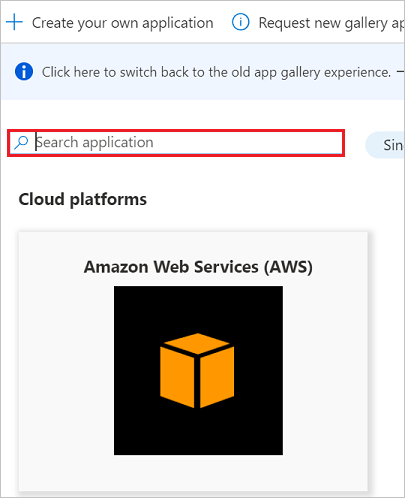
Configure and test Microsoft Entra single sign-on
In this section, you configure and test Microsoft Entra single sign-on with Flatter Files based on a test user called Britta Simon. For single sign-on to work, a link relationship between a Microsoft Entra user and the related user in Flatter Files needs to be established.
To configure and test Microsoft Entra single sign-on with Flatter Files, you need to complete the following building blocks:
- Configure Microsoft Entra Single Sign-On - to enable your users to use this feature.
- Configure Flatter Files Single Sign-On - to configure the Single Sign-On settings on application side.
- Create a Microsoft Entra test user - to test Microsoft Entra single sign-on with Britta Simon.
- Assign the Microsoft Entra test user - to enable Britta Simon to use Microsoft Entra single sign-on.
- Create Flatter Files test user - to have a counterpart of Britta Simon in Flatter Files that's linked to the Microsoft Entra representation of user.
- Test single sign-on - to verify whether the configuration works.
Configure Microsoft Entra single sign-on
In this section, you enable Microsoft Entra single sign-on.
To configure Microsoft Entra single sign-on with Flatter Files, perform the following steps:
Sign in to the Microsoft Entra admin center as at least a Cloud Application Administrator.
Browse to Entra ID > Enterprise apps > Flatter Files application integration page, select Single sign-on.
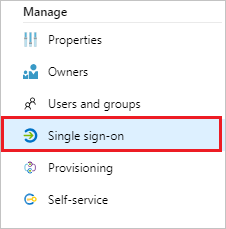
On the Select a Single sign-on method dialog, select SAML/WS-Fed mode to enable single sign-on.
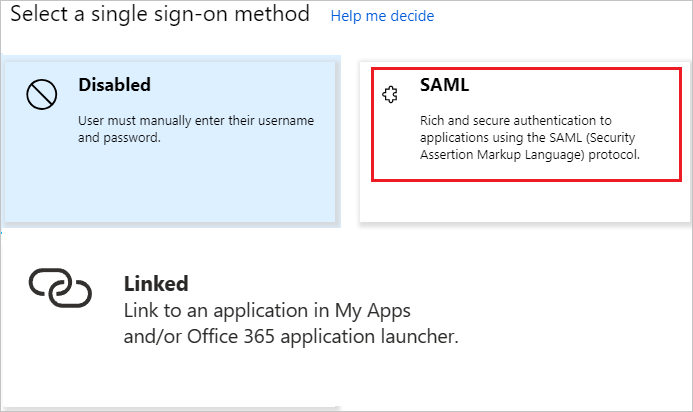
On the Set up Single Sign-On with SAML page, select Edit icon to open Basic SAML Configuration dialog.
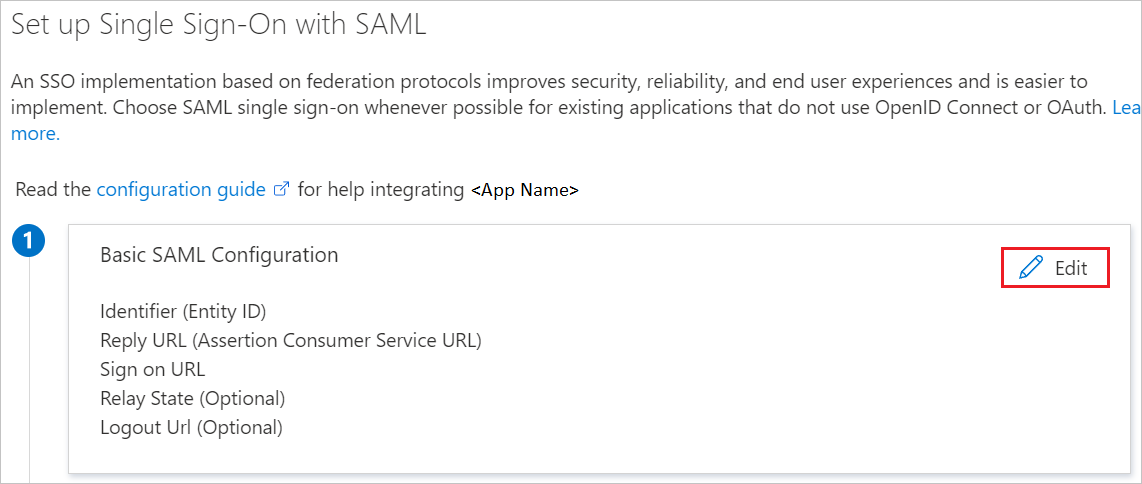
On the Basic SAML Configuration section, the user doesn't have to perform any step as the app is already pre-integrated with Azure.

On the Set up Single Sign-On with SAML page, in the SAML Signing Certificate section, select Download to download the Certificate (Base64) from the given options as per your requirement and save it on your computer.

On the Set up Flatter Files section, copy the appropriate URL(s) as per your requirement.

a. Login URL
b. Microsoft Entra Identifier
c. Logout URL
Configure Flatter Files Single Sign-On
Sign-on to your Flatter Files application as an administrator.
Select DASHBOARD.
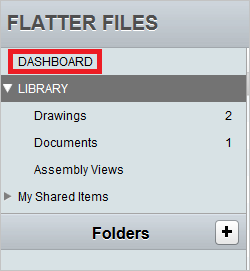
Select Settings, and then perform the following steps on the Company tab:
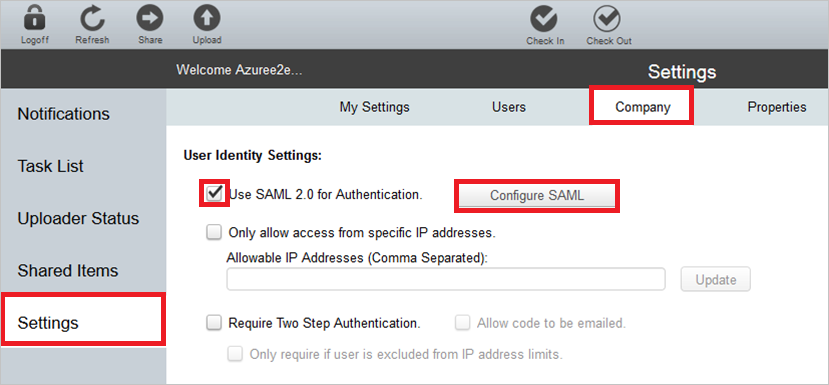
Select Use SAML 2.0 for Authentication.
Select Configure SAML.
On the SAML Configuration dialog, perform the following steps:
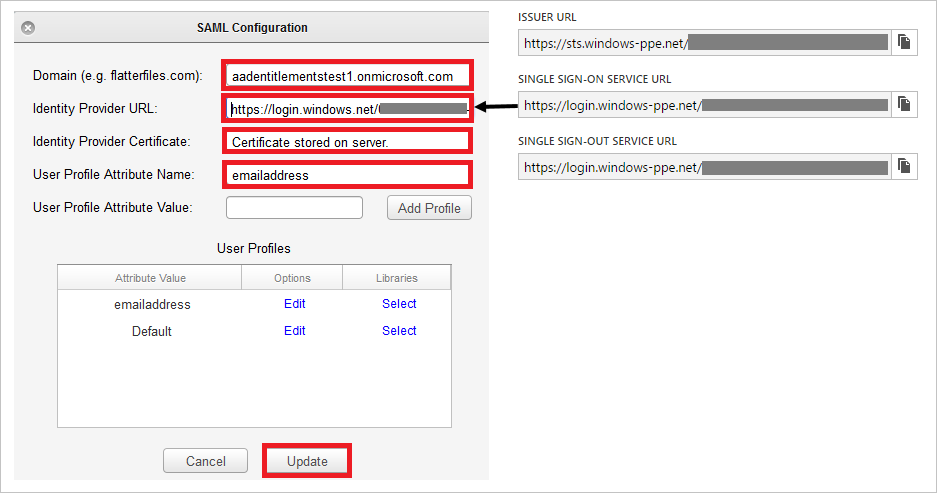
a. In the Domain textbox, type your registered domain.
Note
If you don't have a registered domain yet, contact your Flatter Files support team via support@flatterfiles.com.
b. In Identity Provider URL textbox, paste the value of Login URL which you have copied form Azure portal.
c. Open your base-64 encoded certificate in notepad, copy the content of it into your clipboard, and then paste it to the Identity Provider Certificate textbox.
d. Select Update.
Create and assign Microsoft Entra test user
Follow the guidelines in the create and assign a user account quickstart to create a test user account called B.Simon.
Create Flatter Files test user
The objective of this section is to create a user called Britta Simon in Flatter Files.
To create a user called Britta Simon in Flatter Files, perform the following steps:
Sign on to your Flatter Files company site as administrator.
In the navigation pane on the left, select Settings, and then select the Users tab.
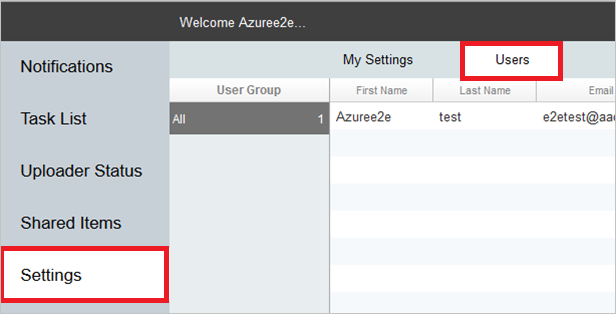
Select Add User.
On the Add User dialog, perform the following steps:
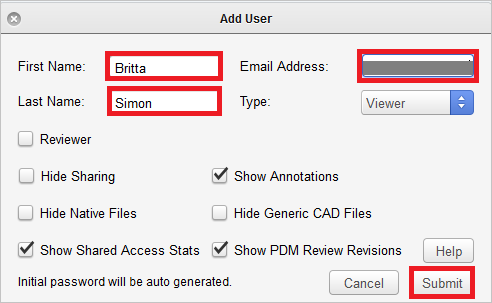
a. In the First Name textbox, type Britta.
b. In the Last Name textbox, type Simon.
c. In the Email Address textbox, type Britta's email address.
d. Select Submit.
Test single sign-on
In this section, you test your Microsoft Entra single sign-on configuration using the Access Panel.
When you select the Flatter Files tile in the Access Panel, you should be automatically signed in to the Flatter Files for which you set up SSO. For more information about the Access Panel, see Introduction to the Access Panel.